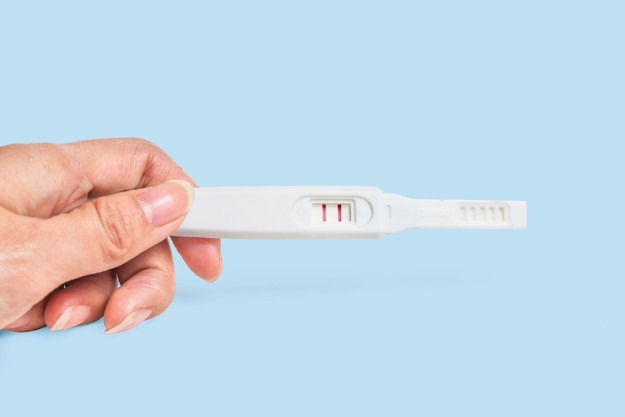
How To Deal With An Unplanned Pregnancy
26 Apr 2019 | 3 min Read
vani
Author | 82 Articles
When you are sexually active and just when you think you are enjoying your life and have no restrictions something turns your life upside down. You have missed your period! A home pregnancy test shows two pink lines or says “Pregnant”. You start wondering how could this happen in spite of following safe period precautions. Well, you have just gotten into what we call “an unplanned pregnancy”.
What is Unplanned Pregnancy?
An unplanned pregnancy occurs when you are not trying for one or not prepared for one. This could be an unintended pregnancy but at the same time not unwanted. This kind of pregnancy can take you through a roller coaster ride of all sorts of emotions like surprise, shock, panic, embarrassment or confusion.
Why does unplanned pregnancy happen?
While you feel you had taken all the right steps to avoid pregnancy there could be other reasons that could have caused this.Unplanned pregnancy can happen because of one of the following reasons:
- You forget to take your birth control pill.
- Either of the partners forgets to use an effective contraceptive
- Contraceptive methods like condoms can break and sometimes birth control pills can also fail
- There is a possibility that you missed your window of safe sex (period in your menstrual cycle when you are not ovulating).
- Teens aged 15 or 17 year olds are not aware of contraceptives and may get into a luring mistake resulting in pregnancy
- Some family planning methods like tubal ligation if not done effectively can fail after few years
- If you forget to take the morning after pill you can fail to prevent pregnancy
- An emergency contraception may fail to work
- Expired contraceptives can be less effective in doing the right job
Pregnancy that were unintended can become a concern or issue if:
- You are not a woman aged 18 or above
- You are single or your partner is not ready to take the responsibility
- You are financially or emotionally not ready
- You have advanced in your pregnancy to an extent where you cannot opt out of it
- You suffer from chronic health issues
Now that you know you are pregnant, it is essential to take care of yourself physically and mentally. Unplanned pregnancy can get depressing and stressful. It can also scare you if this is your first pregnancy.
- See an OBGYN and get started with the required tests and prenatal care
- Seek help from family members and counsellors to get the right courage and strength
- If you intend to make a decision otherwise do discuss the pros and cons with a good OBGYN or a health care professional
In India close to 50% pregnancies are unplanned while in United States this figure is more than 65%. Off these 50%, 11% pregnancies lead to unintended births, 5% cause miscarriages and more than 33% lead to induced abortions. These statistics seem more in favour of negative outcome of an unplanned pregnancy due to reasons like societal pressures, single parenting taboo, lack of counselling approach and so on and so forth. While proportion of pregnancies that are unplanned is relatively high, the need of the hour is to be responsible and aware of an unplanned pregnancy and take it in a right stride.
Also read: Contraception After Birth
A


Related Topics for you
Suggestions offered by doctors on BabyChakra are of advisory nature i.e., for educational and informational purposes only. Content posted on, created for, or compiled by BabyChakra is not intended or designed to replace your doctor's independent judgment about any symptom, condition, or the appropriateness or risks of a procedure or treatment for a given person.
